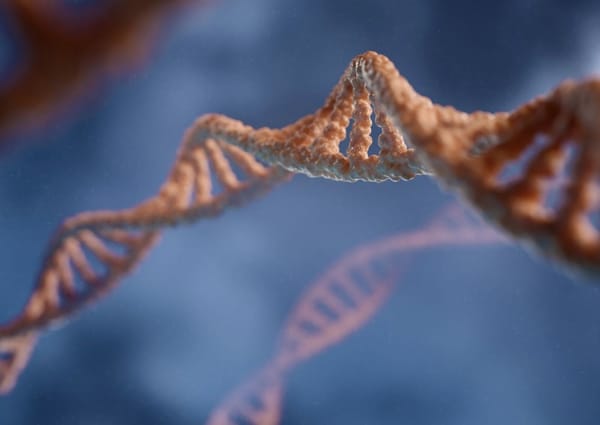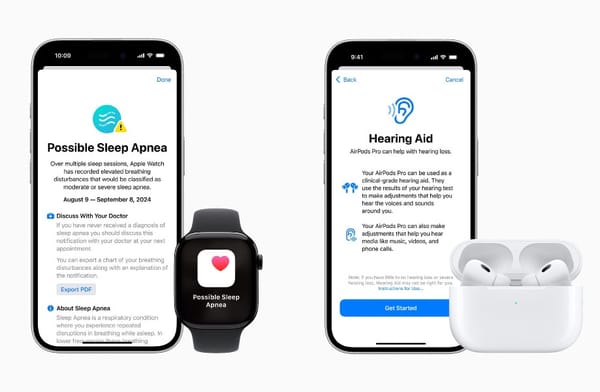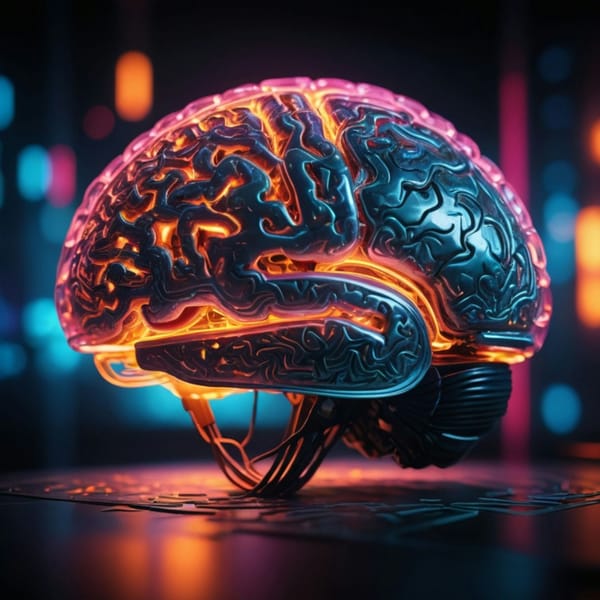Health and wellness have become more important than ever. As we navigate the complexities of modern life, a new approach to well-being is emerging – one that combines the power of personalized nutrition, cutting-edge technology, and a deeper understanding of our individual needs. This article explores how these factors are shaping the future of health and empowering individuals to take control of their well-being like never before.
Key Takeaways
- Personalized nutrition is revolutionizing how we approach diet and health
- Technology plays a crucial role in tailoring health strategies to individual needs
- Understanding your unique genetic makeup can lead to more effective health interventions
- The integration of AI and machine learning is enhancing healthcare delivery
- Wearable devices and health apps are empowering individuals to monitor and improve their health
The Power of Personalized Nutrition
Gone are the days of one-size-fits-all diets. Today, we're witnessing a revolution in nutrition that recognizes the unique needs of each individual. Personalized nutrition takes into account factors such as genetics, lifestyle, and even gut microbiome composition to create tailored dietary recommendations[1].
Understanding Your Genetic Blueprint
One of the most exciting developments in personalized health is the use of genetic testing to inform dietary choices. By analyzing your DNA, healthcare professionals can identify specific genetic variations that may influence how your body processes certain nutrients[1]. This information can be used to create a diet plan that's optimized for your unique genetic makeup, potentially reducing the risk of chronic diseases and improving overall health.
The Role of the Gut Microbiome
Recent research has shed light on the crucial role that gut bacteria play in our health. The composition of your gut microbiome can influence everything from digestion to immune function and even mental health[1]. Personalized nutrition approaches now consider the state of your gut microbiome, recommending specific foods and probiotics that can help maintain a healthy balance of beneficial bacteria.
Technology: The Game-Changer in Health Management
The integration of technology into healthcare has opened up new possibilities for personalized health management. From wearable devices that track our every move to sophisticated AI algorithms that analyze vast amounts of health data, technology is revolutionizing how we approach wellness.
Wearable Devices and Health Apps
Smartwatches, fitness trackers, and health apps have become ubiquitous tools for monitoring our health. These devices can track everything from heart rate and sleep patterns to physical activity and stress levels[1]. By providing real-time data and insights, they empower individuals to make informed decisions about their health and lifestyle.
AI and Machine Learning in Healthcare
Artificial intelligence and machine learning are transforming healthcare delivery. These technologies can analyze large datasets to identify patterns and predict health outcomes, enabling more precise and personalized treatment plans[1]. For example, AI algorithms can help identify individuals at risk for certain diseases before symptoms appear, allowing for early intervention and prevention.
The Future of Personalized Health
As we look to the future, the potential for personalized health approaches to improve well-being is immense. Here are some key areas where we can expect to see significant advancements:
Precision Medicine
Precision medicine takes personalization to the next level by tailoring medical treatments to an individual's genetic profile, lifestyle, and environment. This approach has the potential to revolutionize the treatment of diseases like cancer, where personalized therapies can target specific genetic mutations[1].
Nutrigenomics and Nutrigenetics
The fields of nutrigenomics and nutrigenetics explore how our genes interact with the foods we eat. As our understanding of these interactions grows, we'll be able to create even more precise dietary recommendations based on an individual's genetic makeup[1].
Integration of Health Data
The future of personalized health will likely involve the integration of various data sources – from wearable devices and genetic tests to electronic health records and environmental data. This holistic approach will provide a more comprehensive picture of an individual's health, enabling more effective interventions and preventive strategies[1].
Challenges and Considerations
While the potential benefits of personalized health approaches are significant, there are also challenges to consider:
Data Privacy and Security
As we collect and analyze more personal health data, ensuring the privacy and security of this sensitive information becomes paramount. Robust data protection measures and ethical guidelines will be crucial as personalized health technologies become more widespread[1].
Accessibility and Equity
There's a risk that personalized health approaches could exacerbate existing health disparities if they're not accessible to all. Ensuring equitable access to these technologies and interventions will be an important consideration moving forward[1].
Interpretation of Complex Data
As we gather more health data, interpreting this information and translating it into actionable insights can be challenging. Healthcare providers and individuals alike will need to develop new skills to effectively use personalized health information[1].
Conclusion
The future of health and wellness is personal. By embracing personalized approaches to nutrition, leveraging cutting-edge technology, and understanding our unique genetic makeup, we have the opportunity to take control of our health like never before. As these technologies and approaches continue to evolve, they promise to revolutionize how we prevent, diagnose, and treat diseases, ultimately leading to longer, healthier lives.
While challenges remain, the potential benefits of personalized health are too significant to ignore. As we move forward, it will be crucial to address issues of accessibility, data privacy, and ethical considerations to ensure that the benefits of personalized health can be realized by all. By doing so, we can usher in a new era of health and wellness – one where each individual has the tools and knowledge to optimize their well-being and live their best life.














Member discussion